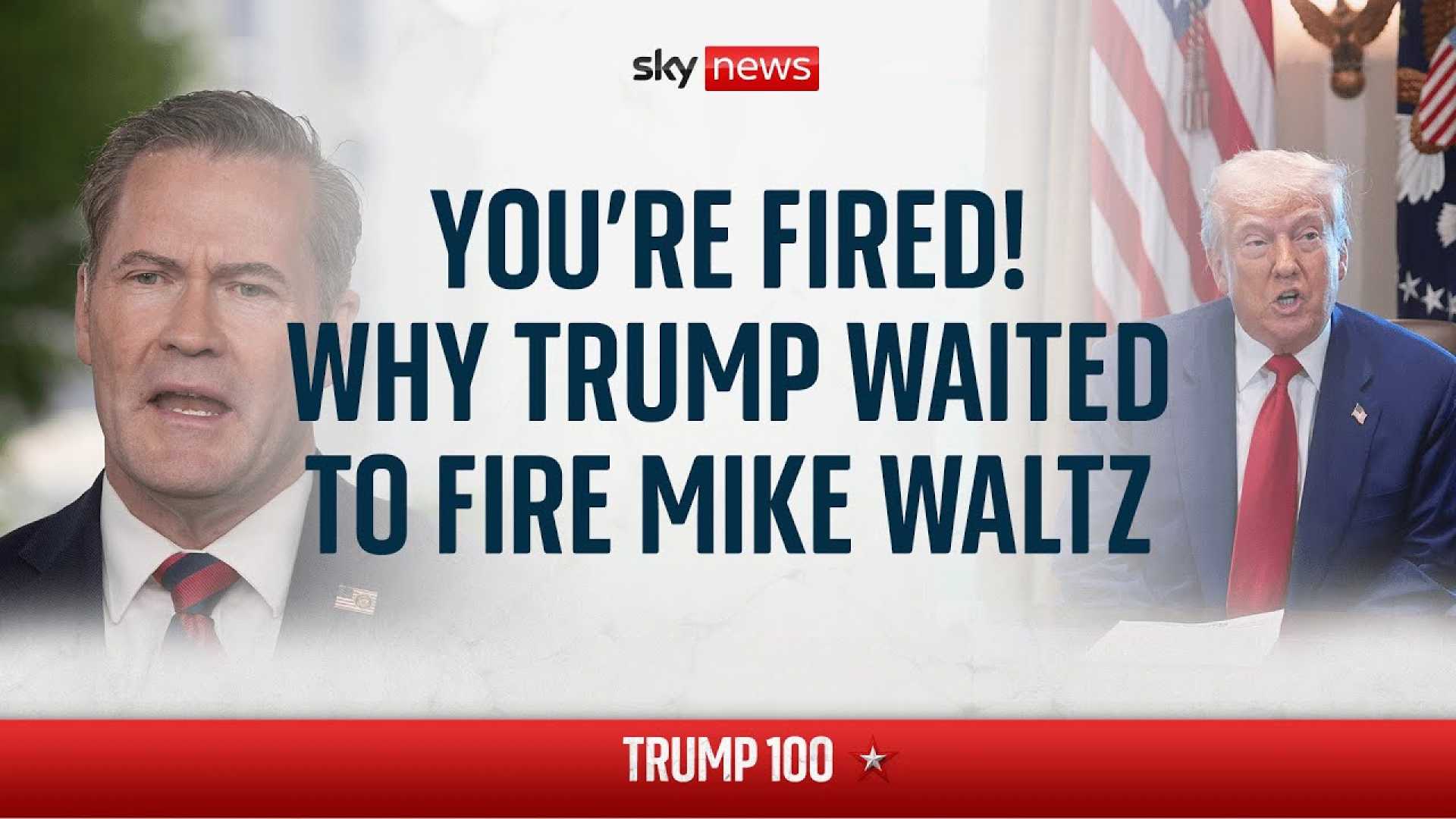Politics
Trump Fires National Security Adviser, Appoints Rubio as Interim Replacement

WASHINGTON, May 1 (Reuters) – U.S. President Donald Trump dismissed his national security adviser, Mike Waltz, on Thursday, appointing Secretary of State Marco Rubio as the interim replacement. This marks the first significant reshuffle in Trump’s administration since he took office in January.
In a social media announcement, Trump expressed gratitude for Waltz’s service and mentioned he would nominate him for the position of U.S. ambassador to the United Nations. Trump stated, “He has worked hard to put our nation’s interests first,” indicating a shift in his national security team’s direction.
Multiple sources reported earlier in the day that Trump decided to oust Waltz after the retired Army Green Beret faced scrutiny due to a scandal involving senior national security aides in March. Rubio’s new dual role makes him the first individual since Henry Kissinger in the 1970s to hold both the secretary of state and national security adviser positions simultaneously.
<p“When I have a problem, I call up Marco. He gets it solved,” Trump commented during an event at the White House, highlighting his confidence in Rubio's capabilities.
This decision comes just before Trump’s first hundred days in office, a timeline that some insiders say influenced the timing of Waltz’s removal. The abrupt nature of the change reportedly surprised State Department spokesperson Tammy Bruce, who learned about it from reporters.
The national security adviser is a pivotal position that does not require Senate confirmation. During Trump’s first term, he appointed four national security advisers: Michael Flynn, H.R. McMaster, John Bolton, and Robert O’Brien.
In conjunction with Waltz’s dismissal, his deputy, Alex Wong, who focused on Asia and North Korea, is also leaving his post. This reshuffle is part of a broader trend of personnel changes within Trump’s national security establishment over the past month.
Officials noted that the recent purges have adversely affected morale in parts of the national security community. Some staffers reported a lack of expertise and difficulty in attracting high-level talent as a result.
Waltz faced backlash for unintentionally including the editor of The Atlantic in a private conversation regarding a planned bombing campaign in Yemen. This incident raised concerns over operational security in the White House, though Trump initially showed public support for Waltz.
The removal of Waltz follows a month of significant staff changes, including the dismissal of the director of the National Security Council (NSC) and several other aides. Reports indicate ongoing tension regarding loyalty and expertise within the NSC, a crucial body for coordinating U.S. security strategy.
A diplomatic source expressed concern that Waltz’s ouster could alarm U.S. allies in Europe and Asia, who viewed him as an advocate for traditional alliances like NATO.
Waltz’s new UN position has been vacant since Trump’s withdrawal of the nomination for Republican Representative Elise Stefanik due to political strategy in the House of Representatives.












